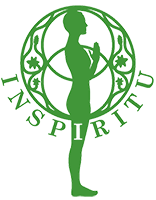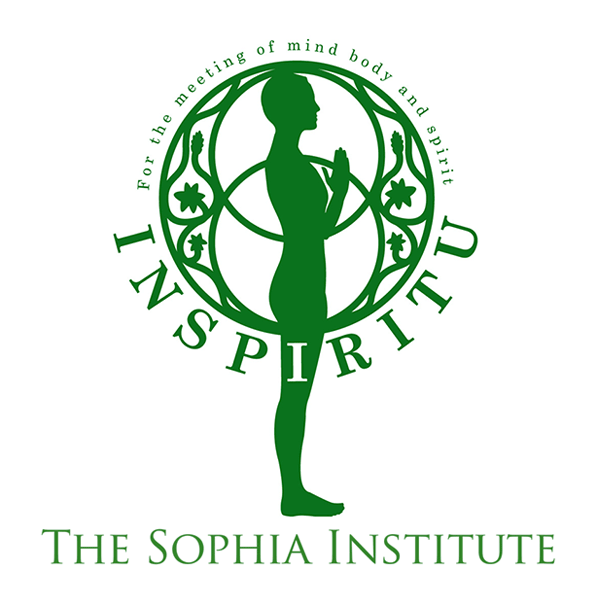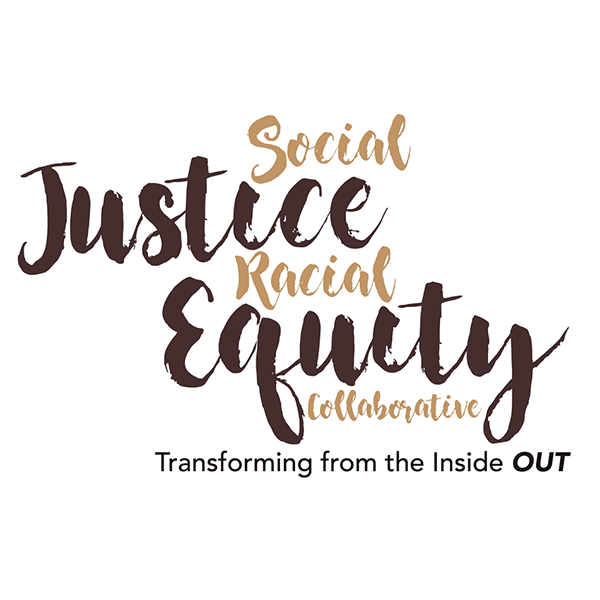Who We Are
The Higher Ground is a diverse and inclusive collaborative of the climate concerned in greater Charleston. We are comprised of people from all walks of life, including non-profit professionals, spiritual and thought leaders, scientists, artists, and policy-makers.
What We Do
We will collaborate to 1) help ourselves and the community live sustainably and 2) safeguard our climate vulnerable region so a future is possible. By applying a range of diverse talents and strategies, Higher Ground will mobilize a broad-based, informed, non-violent constituency of “Groundbreakers”—local Higher Ground supporters prepared to take meaningful and effective action.
To that end, Higher Ground will offer:
- programs that deepen understanding of our environmental crises<
- practical ways to simplify and align lifestyles in harmony with earth’s natural, life-sustaining systems and beings
- decision-making assistance and support to community leaders, businesses, schools, and elected officials
- self-care tools to remain clear-sighted, happy, and effective as we meet our environmental crisis
- non-violent calls-to-action to awaken society and institutions to our real and consequential ecological threats, best practices, and solutions
Note: Finding ways to Adapt to warming temperatures and rising sea level is critical to greater Charleston’s future, but that is not our focus. Instead, Higher Ground joins the worldwide effort to curb environmental harm now to reduce the severity and seriousness of climate disruption in the future. An ounce of prevention is worth a pound of cure.
Where Our Work is Done
Higher Ground’s principal geographic focus is the greater Charleston region. In time, our area of engagement may expand to include the entire Lowcountry.
When We Began
Higher Ground’s first public events happened on October 5–7 with a public screening of the movie Walk With Me and the Sophia Institute’s retreat presented by Heather Lyn Mann, Mindful Advocacy for personal and Community Resilience.
Why Higher Ground?
Climate change—it’s real; it’s bad; it’s us; scientists agree; and, there’s hope. Everyone can do something to care for earth’s natural, life-sustaining systems and beings. An organized, lucid, and compassionate minority can help our region reclaim its environmental integrity and safeguard essential natural systems so our children and grandchildren can live and thrive.
Higher Ground Leadership Team
Carolyn Rivers – Coverner
Taylor Allred
Beverly Bruck
Lee Bundrick
Linda Geronilla
Jasmine Gil
Bert Keller
Todd Lavasseaur
Susan Lovelace
Bridget Lussier
Heather Lyn Mann
Jessica Hardesty Norris
Samuel Norton
Katy Roberts
Gary Smith
Libby Smith
Stewart Weinberg
Carolee Williams
Stop. What Can I Do Now?
2018 Higher Ground Campaign Plan
- Situational Analysis: the local “gap”
- Adaptation vs. mitigation
- Systemic (public policy) vs. individual/household
- Political, economic, scientific AND spiritual crisis (lives of meaning, social connection, empowerment)
- Conservative vs. liberal communication
- How to—actions that make a difference
Spirituality is Higher Grounds’ framework for consciousness and behavioral transformation.
-
-
-
- Accept reality (science as insight)
- Bring our best selves to the challenge (all faith, universal ethics)
- Recover from the “early trauma” of climate change awareness
- Adopt symbolic, practical, and healing lifestyles and actions
- Trust community and have fun
- Manifest climate justice
-
-
- Vision:
Higher Ground envisions a just, safe, and resilient greater Charleston that is a beacon of light in South Carolina and beyond, a community in which people both live in harmony with earth’s natural, life-sustaining systems and beings and prepare themselves for climate disruption through friendships, compassionate dialogue, understanding, and skillful action.
- Goals:
The typical US household emits about 54, 600 lbs. of carbon dioxide annually. (Note: We release carbon dioxide (CO2)—a dangerous, heat-trapping gas—into the air by burning fossil fuels in, for example, our home energy use, food production, transportation.) The amount of emissions per household varies, however, depending on certain factors such as household income and levels of consumption. Households with lower income levels have a lower carbon imprint while conversely being more vulnerable to the effects of climate change. Higher Ground has therefore devised two goals to address this reality.
First, for churches, mosques, temples and community groups whose members emit more than 27,700 pounds of CO2 per household annually, the campaign will inspire 25% of the members in 25 % of these congregations to reduce CO2 household emissions by more than 25% before 2025.
Second, for churches, mosques, and temples whose members emit less than 27,700 pounds of CO2 per household annually, Higher Ground will advance climate justice and inspire 25% of the members in 25% of the low carbon congregations to create Resilient Action Plans for disaster preparedness—energy disruptions and natural disasters plus a sustained community effort to help others in need. Note: you can assess your household CO2 emissions by visiting: http://www.empowermentinstitute.net/index.php/community/low-carbon-diet/household-co2-calculator
- Methodology
-
- Each member of the leadership team calculates our carbon footprint and lowers their carbon diet
- 2018 PILOTS: We will select seven “ready” churches, mosques, temples, or neighborhood groups along with The Sophia Institute. The pilot program will include some congregations working toward Goal 1 and some congregations working toward Goal 2.
- We will partner with a designated leader(s) within each congregation/community group, and custom tailor our consciousness and behavior transformation offering
- We will assess congregational “readiness” (the table below will guide our approach)
| Who | Consciousness Transformation | Behavior Transformation |
| Progressive | Deepen Understanding | Low Carbon Diet |
| Conservative | Awaken Understanding | Creation Covenant, First Steps |
| Low Carbon | Awaken Understanding | Disaster Resilience |
| Neighborhood Groups | Reframe to include mitigation | Low Carbon Diet |
| Sophia Institute Community | Deepen Understanding | Training of trainers |
-
- Our offering will include:
- A spiritual framework for understanding and addressing climate change (see Appendix A: Message Outline)
- Groundbreaker Team(s)—five to ten participants in each
- For Goal 1 congregations: use the Empowerment Institute’s Cool Cities Challenge as our guide and support eight meetings per group over the course of four months
- For Goal 2 congregations: use the Empowerment Institute’s Resilient Community Program as our guide and support five meetings per group over the course of two-and-a-half months
- Measure participant starting attitudes and household carbon footprints
- Deliver behavioral information (e.g. climate science, low-carbon ways of being and doing, quantifiable benefits, disaster preparedness options, pledge forms)
- Our offering will include:
Note for Goal 2: disaster preparedness will especially focus on climate impacts, including
- Flooding, hurricanes, and other emergencies
- Energy disruption
- Sustained community efforts
We will also encourage participants to share what they’ve learned and inspire others to transform their behavior.
-
-
- Implement program/attitude/lifestyle assessments at the program conclusion and again at twelve months. Compare results with starting attitudes, household emissions, and disaster preparedness
- Post pledged carbon reductions (in pounds) and Resilient Action Plans numbers on Higher Ground’s webpage.
- Annually, give the “biggest loser” and “best prepared” awards to individuals and congregations
-
- Media:
The “Stop. What Can I Do Now?” Campaign will be supported by a branded, cohesive communications plan that includes
- Higher Ground’s Sophia Institute webpage
- Facebook account
- Twitter account
- Email newsletters (2 x’s per year)
- Press Releases
Media efforts will bring attention to the program, methods, success, and Annual Groundbreaker Award winners. It will also feature endorsements from partner organizations, policy-makers, and thought leaders.
Higher Ground will monitor social media and comment daily. We will post monthly blogs on our webpage. We will follow current climate events, write editorials, pitch media stories, and position Higher Ground and Groundbreaker Teams as resources to newspapers, TV, and radio.
- Start-up
The “Stop. What can I do now?” Campaign is supported by the Sophia Institute, partner organizations, and volunteers working as a team. Recommended division of outreach responsibility for pilot programs is as follows:
- Progressive congregation
- Conservative congregation
- Low Carbon congregation
- Neighborhood group
- Sophia Community
Heather will support and coordinate pilot program’s overall implementation. Sophia is the convening organization.






